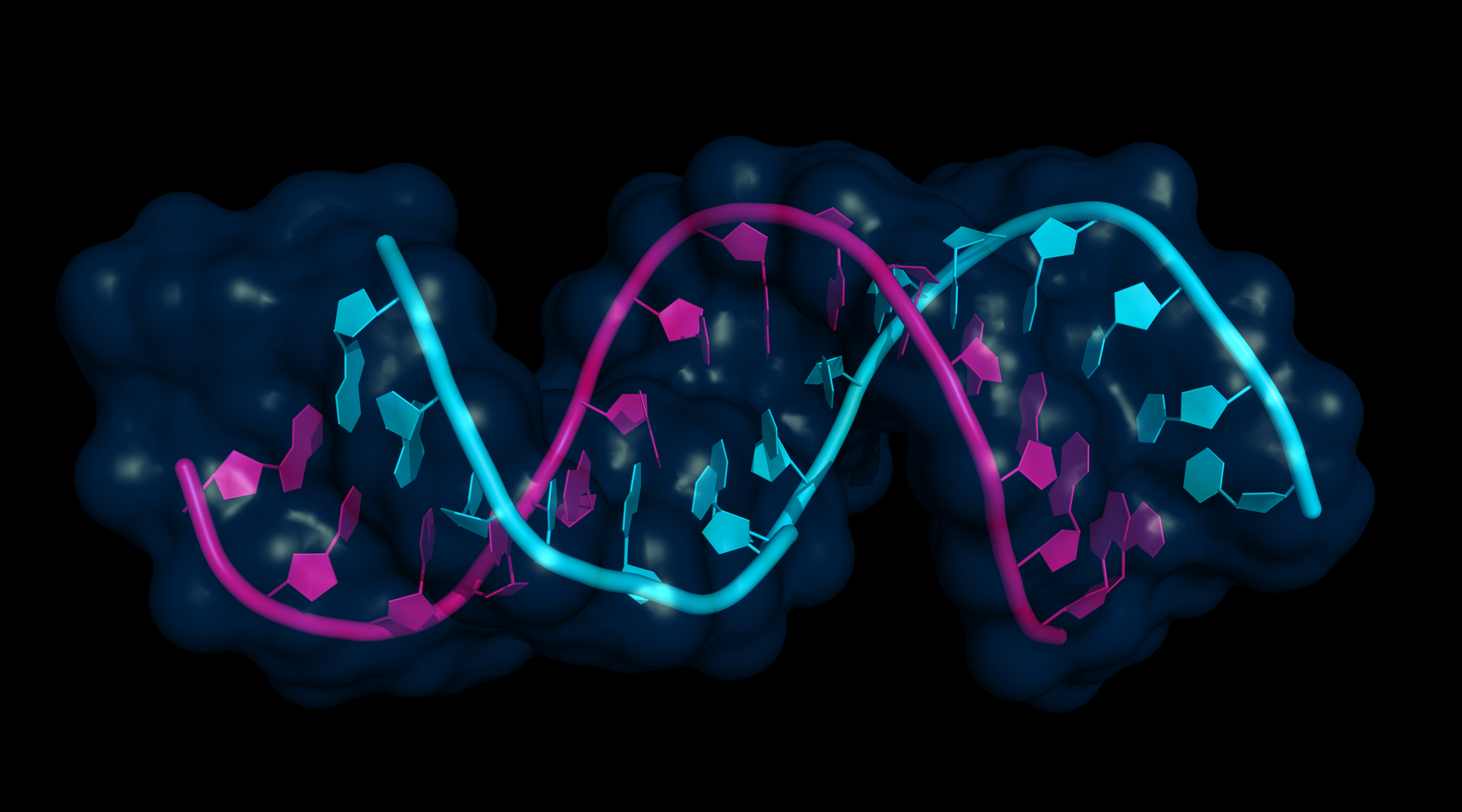New Anti-Fibrotic Drug Candidate MRG-201 Enters Phase 1 Clinical Trial

miRagen Therapeutics, Inc., a biopharmaceutical company dedicated to the development of pioneering therapies based on microRNAs, recently announced the start of a Phase 1 clinical trial on the company’s product MRG-201 developed as a therapy for fibrotic conditions.
MicroRNAs (miRNAs) are small RNAs that act as master regulators of gene expression controlling key regulatory pathways. Their activity has been linked to several mechanisms in a disease context, making miRNAs possible therapeutic drug targets.
MRG-201 is a synthetic miRNA agonist (promiR) of microRNA-29b, which is a negative regulator of several genes involved in extracellular matrix deposition. It is known that miRNA-29b is down-regulated in fibrotic conditions, including pulmonary fibrosis, and studies in vitro and in rodent animal models have shown the potential of miRNA-29 normalization for correcting several factors contributing to pathological fibrosis. In a mouse model of pulmonary fibrosis in particular, MRG-201 was shown to be able to reverse fibrosis.
“As a Company dedicated to improving human health through the discovery and development of innovative RNA-targeting therapies like MRG-201, we are excited by this event,” said Dr. William Marshall, Chief Executive Officer of miRagen in a press release. “The initiation of this clinical trial advances a potentially important new therapy for patients suffering from pathological fibrosis and is an example of our focus on areas of high unmet medical need.”
The Phase 1 trial is planned to be conducted in healthy volunteers and perhaps also in patients with scleroderma, a fibrotic condition.
“We are excited to move MRG-201, our lead anti-fibrosis product candidate, into this first-in-human safety, tolerability and dose-range finding trial,” said Dr. David Rodman, Executive Vice President, R&D at miRagen. “This double-blind, placebo controlled trial is designed to lay the foundation for future clinical development of MRG-201 in cutaneous and other fibrotic diseases.”
Researchers at miRagen, together with a University of Texas Southwestern Medical Center team led by Dr. Eric N. Olson, where the first ones to report the involvement of miRNA-29 in pathological fibrosis in animal models. miRagen and their collaborators at Yale University are currently in the second year of a National Institutes of Health (NIH) grant – Centers for Advanced Diagnostics and Experimental Therapeutics grant – which goal is to develop MRG-201 as a therapy for progressive lung fibrosis.







